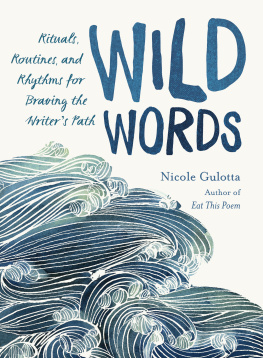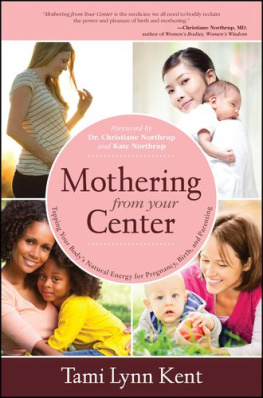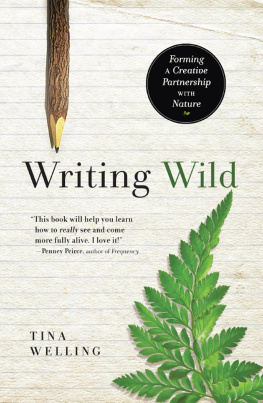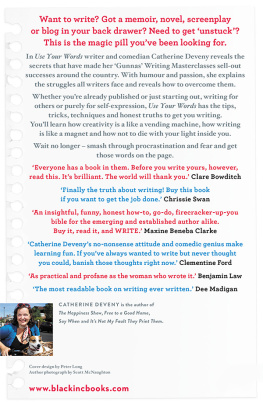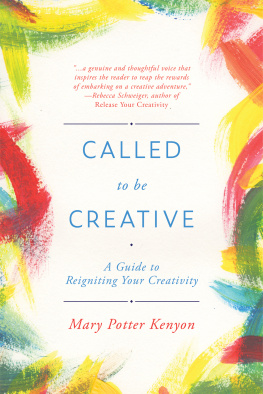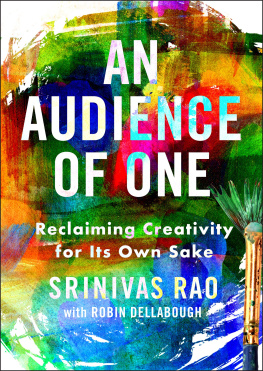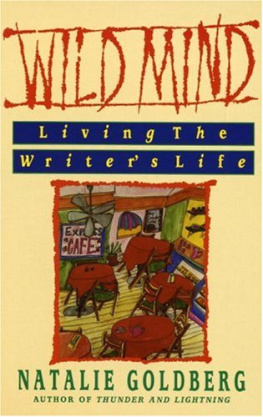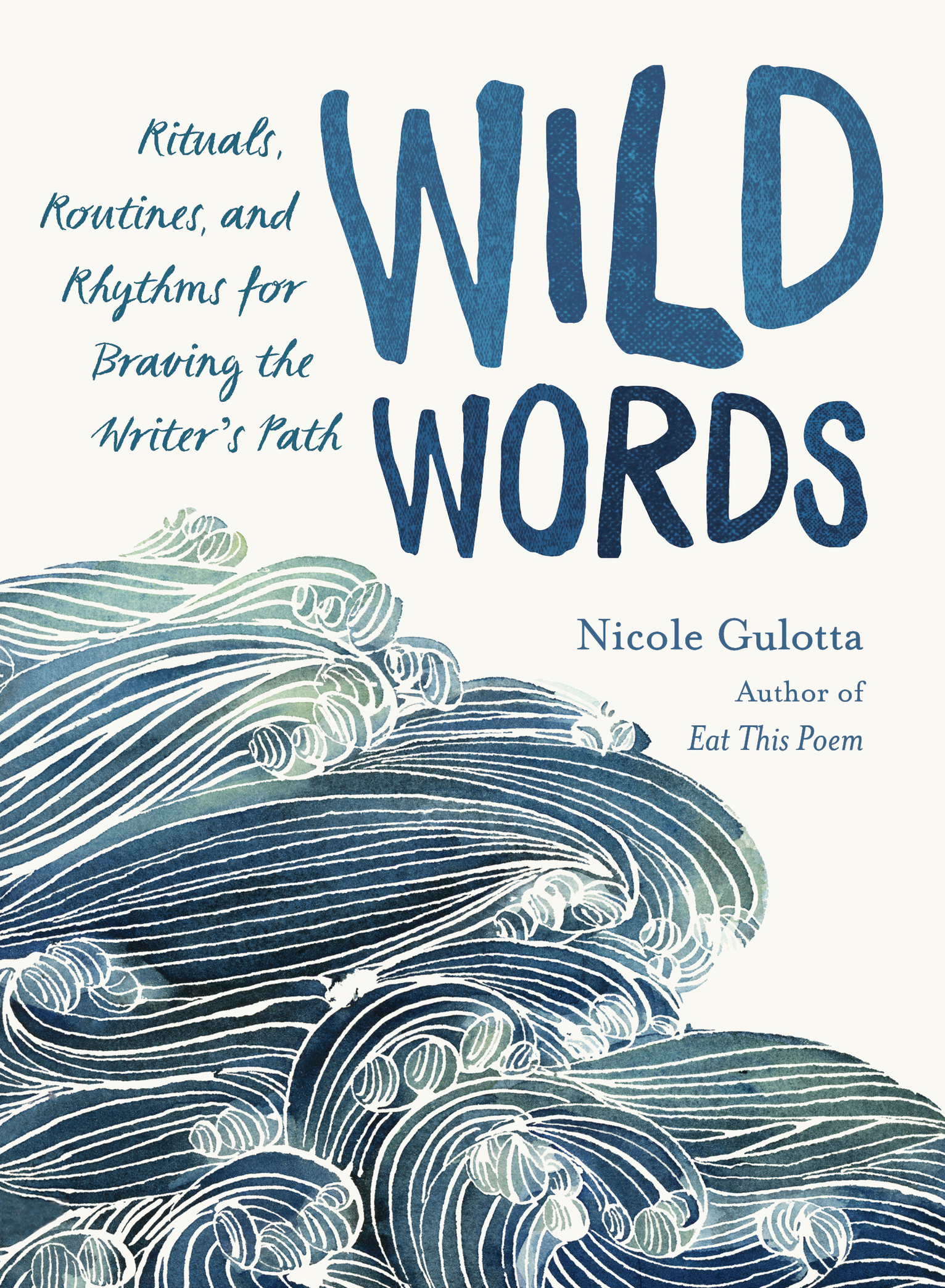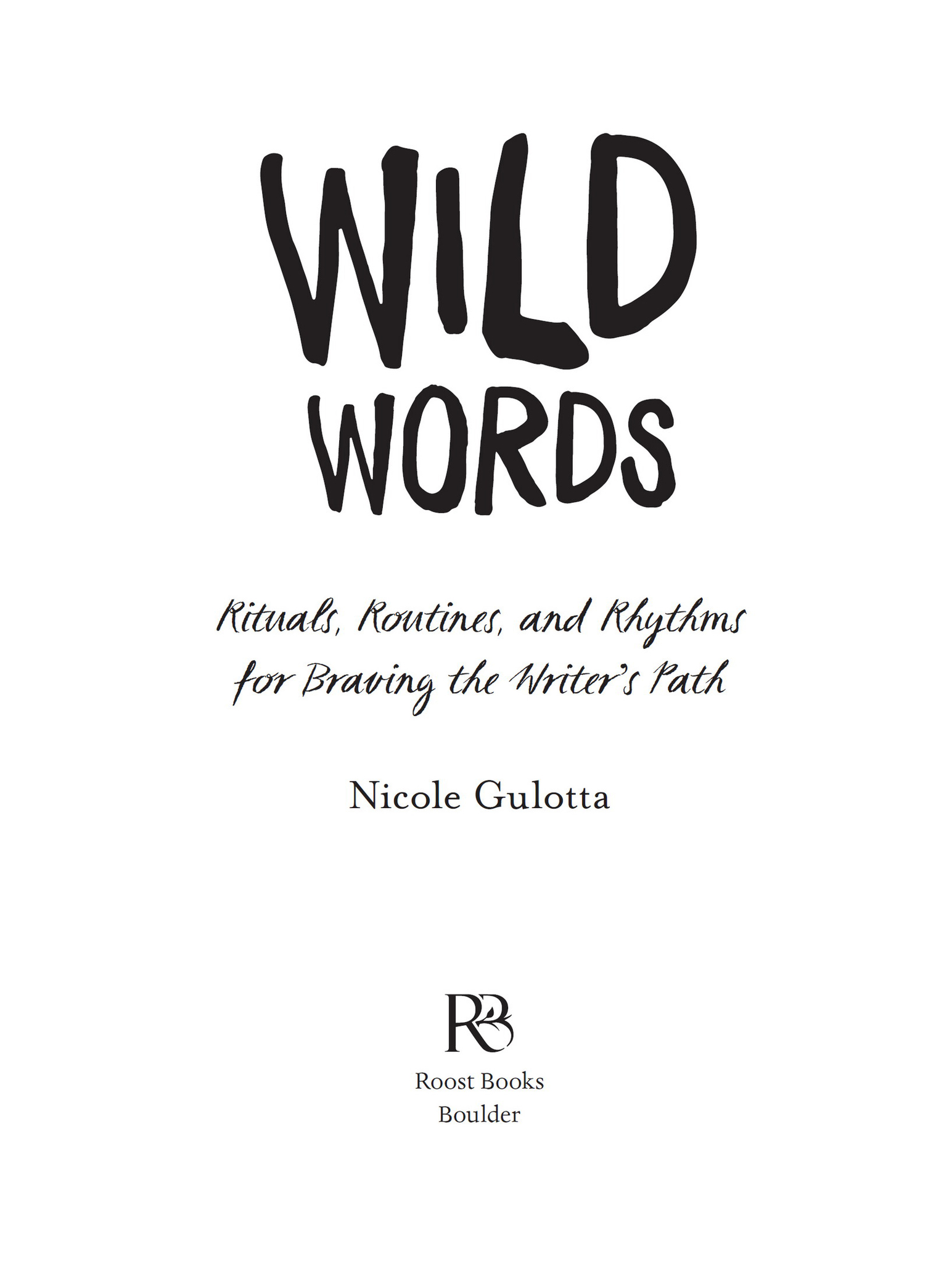Contents
Landmarks
Print Page List
Roost Books
An imprint of Shambhala Publications, Inc.
4720 Walnut Street
Boulder, Colorado 80301
roostbooks.com
2019 by Nicole Gulotta
Morning by Mary Oliver from New and Selected Poems, Vol. 1 by Mary Oliver. Published by Beacon Press, Boston. 1992 by Mary Oliver. Reprinted by permission of The Charlotte Sheedy Literary Agency Inc.
Air by W. S. Merwin 2017 by W. S. Merwin. Reprinted by permission of the Wylie Agency LLC and Bloodaxe Books.
All rights reserved. No part of this book may be reproduced in any form or by any means, electronic or mechanical, including photocopying, recording, or by any information storage and retrieval system, without permission in writing from the publisher.
Cover art by Yao Cheng Design
Cover design by Daniel Urban-Brown
Library of Congress Cataloging-in-Publication Data
Names: Gulotta, Nicole, author.
Title: Wild words: rituals, routines, and rhythms for braving the writers path / Nicole Gulotta.
Description: Boulder: Roost Books, 2019. | Includes bibliographical references and index.
Identifiers: LCCN 2018057640 | ISBN 9781611806656 (paperback)
eISBN 9780834842625
Subjects: LCSH: Authorship. | Creative ability. | BISAC: REFERENCE / Writing Skills. | SELF-HELP / Creativity. | SELF-HELP / Motivational & Inspirational.
Classification: LCC PN145 G7789 2019 | DDC 808.02dc23
LC record available at https://lccn.loc.gov/2018057640
v5.4
a
If youve ever felt like
your voice wasnt enough,
this book is for you.
Morning
Mary Oliver
Salt shining behind its glass cylinder.
Milk in a blue bowl. The yellow linoleum.
The cat stretching her black body from the pillow.
The way she makes her curvaceous response to the small, kind gesture.
Then laps the bowl clean.
Then wants to go out into the world
where she leaps lightly and for no apparent reason across the lawn,
then sits, perfectly still, in the grass.
I watch her a little while, thinking:
what more could I do with wild words?
I stand in the cold kitchen, bowing down to her.
I stand in the cold kitchen, everything wonderful around me.
Introduction
A Writers Life Is Lived in Seasons
I.
The seed for this book was planted a few months after my son Henry was born, as he slept in a rocker next to our sectional. My husband left for work and I was hungry, so I crept into the kitchen to unwrap half a loaf of pumpkin bread and cut off a large slab. I cradled it under a folded paper towel and set it down on my desk, pulling off a moist corner to chew while I checked my email. The poem Morning by Mary Oliver caught my eye inside a daily poetry newsletter.
How beautifully she traced the simplicity of walking through the house as a fresh day dawned. A cat stretched, drank milk from a blue bowl. Nestled toward the end of the poem, a question beckoned: What more could I do with wild words? In that moment I felt it mine to answer, though I wasnt sure how.
Id been rocking and nursing and swaddling my way through the early months with a newborn, where moments to myself were scarce. My baby seemed to know precisely the second I sat down with a cup of hot tea and would wake with cries, needing something from me. Finishing that cup, on rare occasions, was a triumph. But sleep-deprived as I was, I still felt the deep contentment Oliver spoke of. Everything wonderful around me, she wrote.
Everything was, in fact, quite wonderful. I was happy and grateful to be on the other side of pregnancy with a darling boy in my arms. I looked around the room. Bottles dried in their special rack meant to look like grass, next to the sink. A sliver of light beamed through our large kitchen window, revealing shimmering flecks of dust on the countertop. A plate sat nearby holding a few crumbs from my first slice of pumpkin bread earlier that morning, before the sun rose.
The poem is about paying attention to your life. Its the writers workour privileged workto observe, to notice, to record. After all, ordinary moments are often where we find the deepest meaning. The phrase wild words rose up from the page and I stored it in my heart, but it would be years before this book would grow from seed to sprout.
Id only recently finished the manuscript for my first book, Eat This Poem: A Literary Feast of Recipes Inspired by Poetry, and my maternity leave was the window of opportunity to corral recipe testers and work on copy edits. Three months later, after color-coding spreadsheets and baking coffee cake for the fifth time, I hit send on an email with a large attachment called ETP MANUSCRIPTFINAL. Id written a book, something Id always wanted to do, but Ill say this now: I was deeply afraid Id never be able to do it again. How could I write another book when I could barely manage to blow-dry my hair and I lived my days in three-hour increments, moving from one feeding to the next? Life had changed irrevocably, and I wanted to know how writing would survive all thischanging diapers, reading parenting books, ordering baby shampoo, recording bowel movements into an app on my phone. It went on and on.
Although my hours are no longer measured by feedings, the fear of writing slipping away is somehow still visceral. Not constant, but present, more like a shadow. As content as I feel with family life, my creativity has been constricted like organs during pregnancy, collapsed onto one another in perpetual discomfort. But because Im a writer who still wants to write, I must move one day at a time, one word at a time, if necessary. Theres no choice but to admit I know almost nothing, and begin again. Writing compels us to continue on no matter the circumstances, and although change may be uncomfortable, its reliable. As lifes transitions unfolda move, a new job, a new partner, another child, the loss of loved onesone way to weather the ups and downs is by establishing a new relationship with our creativity. Our writing can support us at every turn.
II.
Years ago, before I became a mother, a coworker told me something Ive never forgotten: A womans life is lived in seasons. It felt like a secret passed from one friend to the next, like the telephone game we played as children, offering a profound piece of wisdom to help mark our days. I wrote the line in my journal and then, in the thick of the fourth trimester, probably while I was nursing and figuring out how to turn Kindle pages with my opposite hand, it occurred to me: a writers life is lived in seasons too.
This truth grounds me and provides hope, especially when Im desperate to write but am exhausted after getting home from work. On evenings like this I might have only half an hour to myself once the dinner, bath, and bed routine ends (The Season of Raising Young Children) or, when I was commuting, I may have lost two hours of a day on the road (The Season of Discontent).

